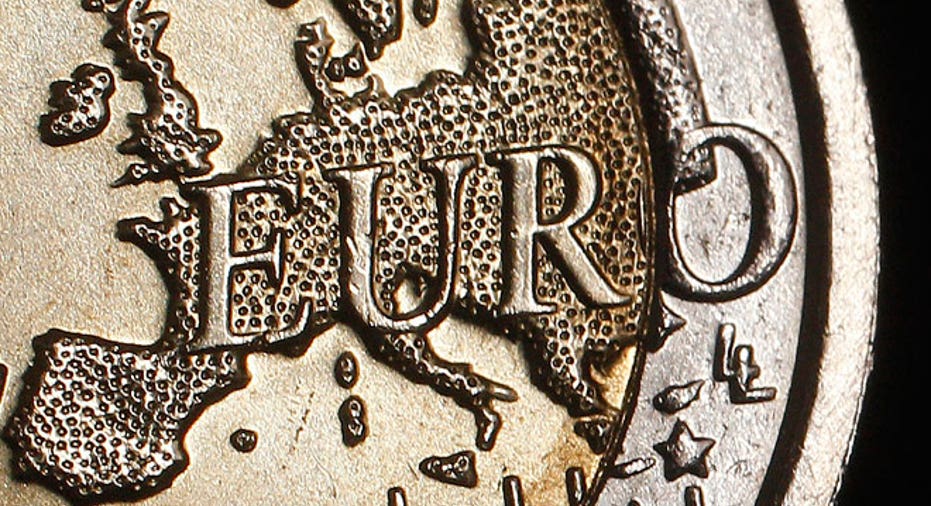Euro Recovers Despite Mounting Greek Worries

The euro rebounded from two days of sharp losses on Monday, even as an anti-bailout party was victorious in Greek elections, while global stock indexes edged up on confidence in the European Central Banks's new money-printing program.
The electoral results spurred concern over new instability in the euro zone, even as the possibility of Greece leaving the bloc was considered remote.
The MSCI's global share index <.MIWD00000PUS> was up 0.2 percent, while the S&P 500 was nearly flat. The main Athens index fell and Greek bond yields rose.
The Dow Jones industrial average <.DJI> fell 32.53 points, or 0.18 percent, to 17,640.07, the S&P 500 <.SPX> gained 0.16 points, or 0.01 percent, to 2,051.98 and the Nasdaq Composite <.IXIC> added 3.73 points, or 0.08 percent, to 4,761.61.
Overseas, the Greek vote failed to derail an ECB-driven share rally. An index of European shares <.FTEU3> ended up 0.6 percent.
The ECB announced a massive bond-buying plan last Thursday, which is meant to buoy the flagging euro zone economy, where inflation has turned negative.
Following the outcome of Sunday's vote, the euro hit its lowest against the U.S. dollar since September 2003 at $1.1098 in Asian trading, according to the EBS trading platform <EUR=EBS>. In late-morning New York trading, the euro was up 0.64 percent to trade at $1.1278, just off its high for the day of $1.1291.
"Everything that was priced in for euro negative has happened. We are already at a stronger level for the dollar. I don't see anything pushing the euro below $1.10 if the ECB and the Greek election couldn't do it," said John Doyle, director of markets at Washington, D.C.-based Tempus Inc.
Syriza's demands for a debt restructuring have raised the prospect of a stand-off between Athens and other European leaders that might lead to a "Grexit," although financial markets were treating that as a marginal risk on Monday.
Syriza leader Alexis Tsipras promised Greeks on Sunday that the five years of austerity imposed under bailout programs worth 240 billion euros from the European Union and the International Monetary Fund were over. He later struck a deal with the right-wing, anti-bailout Independent Greeks party to form a government.
Greek markets were lower after the vote. Ten-year yields <GR10YT=TWEB> rose 41 basis points to 9.18 percent, while the main stock index <.ATG> fell 3.2 percent.
Unlike at the height of the euro zone's debt crisis in 2011-12, European banks have limited exposure to Greece, while policymakers have put in place safety nets to deal with contagion.
In the U.S. Treasuries market, long-dated U.S. Treasury debt turned lower after investors spooked by Greece's newly elected government drove up prices and briefly knocked yields on the U.S. 30-year bond to new record lows. Thirty-year bonds <US30YT=RR> were last off 4/32 in price to yield 2.3993 percent after touching a fresh record low in overseas trading of 2.336 percent
Crude oil prices were flat to slightly higher. Saudi Arabia's new King, Salman, moved to assuage fears of any policy change in the world's largest oil exporter.
March Brent crude <LCOc1> was flat, while U.S. crude <CLc1> was up 23 cents at $45.82.[O/R]
(By Caroline Valetkevitch; Additional reporting by Daniel Bases in New York; Marius Zaharia, Atul Prakash, Blaise Robinson and Patrick Graham in London; Editing by Catherine Evans, Ruth Pitchford, Dan Grebler and Andre Grenon)



















